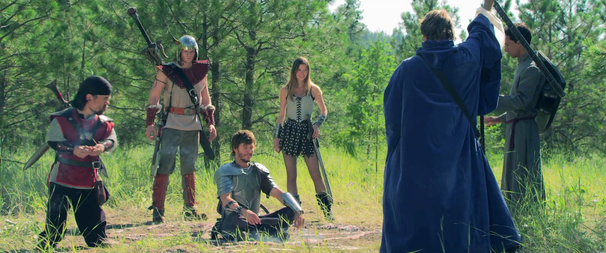 Hung, Eric, and Joe are three best friends who've not amounted to much in the traditional sense. While Hung and Eric spend all of their lives LARPING (Live Action Role Play), Joe spends his time between his lowly metal band and his girlfriend. When Joe is dumped, due to being directionless, Hung and Eric convince him to join them on the battlefield in their live action role play game. As they take to the woods to reenact their dungeons and dragons-like game, they unwittingly conjure up a blood-lusting Succubus from hell. Joe Lynch's Knights of Badassdom is a mediocre fantasy comedy that has its moments, but ultimately fails to cash in on its promising concept. The film relies far too heavily on the inherent comedy centered around Live Action Role Playing instead of building off it, making for a film that is mildly amusing but never much more. Knights of Badassdom is not a film I would classify as bad, but simply a film that should have been so much better, given its unique subject matter. The high point of the film might be its cast, with Peter Dinklage giving this silly concept his all, along with a host of fun cameos. If there is one ting that surprised me about Knights of Badassdom it's the brutality of the violence, with the film not holding back in letting the blood flow. In the end, Knights of Badassdom just isn't very funny, though it does have a few moments that reminded me of some of the better off-kilter 80's horror comedies.
0 Comments
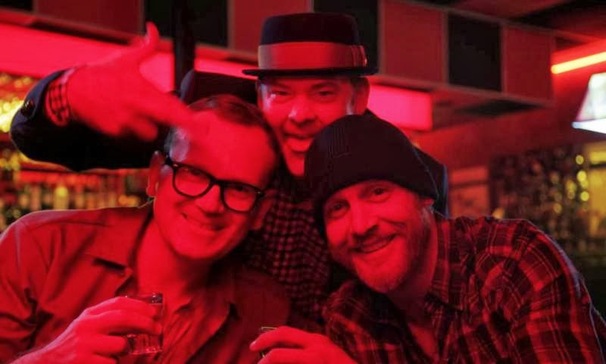 Craig, a husband and father of a young baby boy, is struggling mightily just to get by. He has just been served an eviction notice and to make matters worse, he arrives at his job as an auto mechanic to learn that he has been laid off. Unable to face the inevitable, Craig heads to a local bar to drink away his sorrow only to encounter his childhood friend, Vince. The two friends catch-up, eventually being roped into round after round of drinks by an obscene but extremely wealthy stranger with money to burn. This stranger and his lovely wife engage in a series of innocent dares with the two men, in exchange for money, which quickly escalates. E.L. Katz's Cheap Thrills is a extremely dark, narcissistic comedy that almost makes the viewer feel bad for enjoying it so much. The film features an extremely simple but effective concept, strong performances, and an overstated but important theme that rings true even taken in this extreme context. Even if you completely ignore the pure escapism aspect of the film, Cheap Thrills is a pointed commentary on the power of money, with Craig and Vince being two blue-collar types desperate to get ahead. When these two men first meet they are incredibly nice and cordial towards each other but as soon as money becomes involved, the two men turn against each other for the almighty dollar. Adding to this equation is the rich stranger, who could easily be viewed as a representation of the 1%, taking advantage of the desperation of these two men, pinning them against each other for his own benefit. E.L. Katz's Cheap Thrills is a darkly entertaining piece of filmmaking that works both as escapism and a commentary on the power of money. 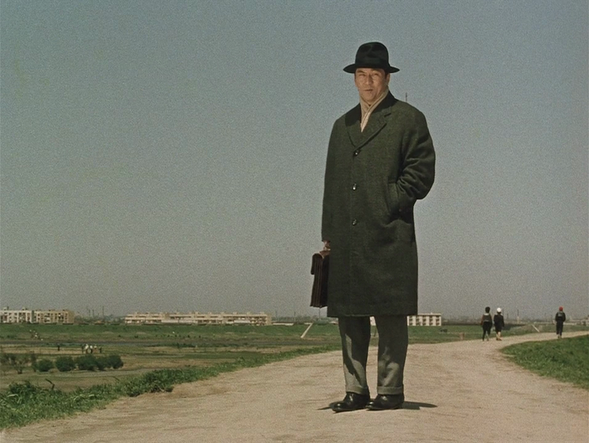 Typically of Yasuijiro Ozu's work, Good Morning, takes a look at the dynamics which exist in a family and the community in which they live. This story centers around two young, mischievous boys who indirectly bring un-needed conflict to their family and community as a whole. When their mother and father refuse to purchase a television, these two young boys become so insistent that their father frankly tells them to be quiet. Of course the boys take him literally, and refuse to speak entirely, with their impoliteness beginning to disturb the fragile, organized structure of Japanese culture. Yasujiro Ozu's Good Morning is a quiet, light-hearted comedy that takes a look at life and etiquette in a small Japanese village. Ozu's film is soft-spoken and non-threatening but its message about civilized formalities, the importance of simple human communication, is much deeper and fascinating than many make it out to be. Using the simplest routine formality imaginable, the two young boys not greeting their neighbors, Ozu creates a frantic community in which everyone over-analyzes the simplest things, like not saying "Good Morning", becoming increasingly paranoid about their social standings in the community. I wouldn't say Ozu is critiquing these social norms, but rather showing the importance of such practices, showing how politeness can really go a long way. Good Morning is definitely not one of Ozu's most profound works, but it's a light and intricate story that in essence captures the importance of human communication.  World-renowned provocateur Lars Von Trier is back with the Nymphomaniac saga. One night while returning home to his modest apartment, Seligman, an older bachelor, discovers Joe, a woman badly beaten in an alley near his home. Seligman takes Joe into his home, tending to her wounds, while asking how Joe found herself in this situation. Joe confesses that she is a nymphomaniac, sharing her erotic stories from adolescence and young-adulthood, giving Seligman a better understanding of how she ended up where he found her, nearly dead. Nymphomaniac Vol 1 is an explicit, but fascinating experience that is far more than the "senseless pornography" which some lesser-minded people have tried to categorize it. While there is no question that Lar Von Triers latest is primarily a study of human sexuality, with a vigorous love vs. lust examination, the film offers a lot more conversation pieces. It seems to me that Lars Von Trier also seems to be commenting on the human condition as a whole, with many characters trying desperately to understand their own nature and the world around them, whether it be through love, lust, religion, authoritarianism, or obsession. The film paints a vivid portrait of the fragility of humanity through this troubled main protagonist, with her nymphomania being just one example of how lost and lonely we all can feel. For much of the film I felt detached from our main protagonist, similar to how she herself views intimacy, with Chapter 4 centered around her father's health worsening being more the exception than the rule. Given that this is only Part 1 of the Nymphomaniac saga I must reserve some of this type of critique, but I am hoping to not feel so detached as I further explore this character's troubled place in Vol 2. 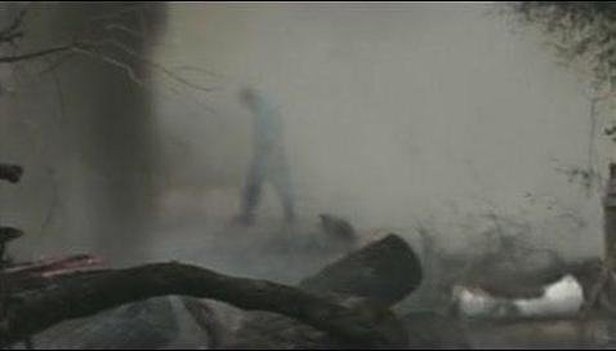 Robert Person's General Orders No. 9 could be described as a documentary but its Malick-ian style makes it feel more like an epic meditation of the American South. This is a love letter to the South but not in the way you would expect, with General Orders No. 9 examining the history of this region. The past and present are explored as well as the impact civilization has had on the natural landscape of the region in a way that could only be described as hypnotic and engrossing. It's impressive how intimate, yet meticulous General Orders No. 9 is creating this poetic portrait of the Southern region of the United States. The film's main message is definitely a bit pessimistic, as the film laments about the self-destructive path the south is headed, due to growing industrialization. Of course one can't discuss General Orders No. 9 without mentioning the cinematography, which is beautifully captured. The film's juxtaposition of nature's lush, green landscapes with man's banal, gray cityscapes is impeccable, and the true highmark of the film. While General Orders No. 9's style is bound to be called self-indulgent or pretentious by some, and while I would agree that it becomes a little too monotonous, it's by-and-large a fascinating meditation of man and nature's relationship with industry, technology and the passage of time. 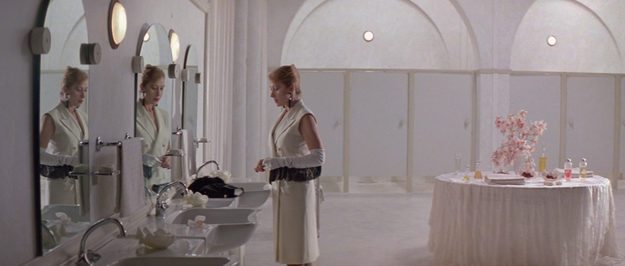 Peter Greenaway's The Cook, The Thief, His Wife & Her Lover should be known as one of the most beautiful displays production design and costumes. It's a film of such beauty and unique vision that if rarely seen in films. Its amazing how the set for this film was like one gigantic soundstage where Greenaway's camera could move freely throughout, observing and delivering insight through the power of imagery. Besides the beautiful visual & production design, the performances are stellar, with Michael Gambon and Helen Mirren giving searing performances. Gambon, plays Albert, a man so despicable that he may very well be the most despicable character ever committed to celluloid. The Cook, The Theif, His Wife & Her Lover explores the idea of how bad things can be when someone has complete control and power over their surroundings. It shows how much damage can be caused from such control, making for a very smart and interesting commentary, while simultaneously being a fun and dark revenge flick of sorts.  Sanfur, the younger brother of Ibrahim, a highly wanted Palestian militant, has been working as an informant for Razi, an Israeli Secret Service officer for several years. Razi is determined to capture Ibrahim, recruiting Sanfur when he was just 15 years old, investing in young Sanfur and developing an intimate relationship that could be described as fatherly. Sanfur, who has never felt wanted to desired by anyone in his family, thrives on this relationship but when the Israeli Secret surface discovers how involved Sanfur actually is in his brothers activities, Razi finds himself accused of crossing the line, setting off a chain of events that threatens to destroy their relationship completely. Yuval Adler's Bethlehem is an intelligent and engaging film that captures the Palenstine-Israel conflict in a way which few films ever seem to reach. Through it's young and undesired protagonist, Sanfur, Bethlehem exposes the deep-seeded hatred between the two sides which could easily be described as nonsensical. We see how this hatred is so strong that everything including family and friends comes secondary to the "cause". Sanfur is an impressionable young man who just wants to be loved but in a world where there is so much hate, he finds himself on a path of destruction, unable to be truly free to make his own decisions. Yuval Adler's Bethlehem features a strong script, stellar performances from its two leads but most importantly it captures this conflict better than most films I've seen. 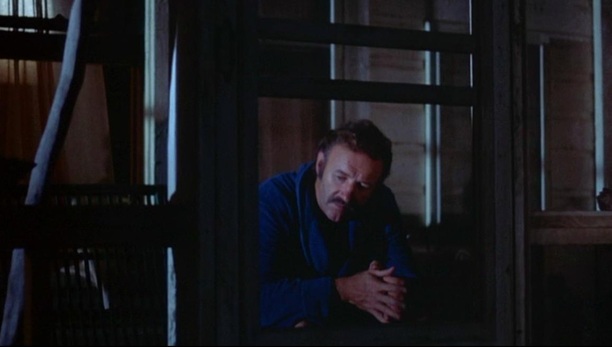 Night Moves tells the story of an L.A. private detective (Gene Hackman) who is hired by an Hollywood actress to hunt down her Nympho teenage daughter who lives in the Florida keys. This film does a great job of building around its central character, a no bullshit type guy played brilliantly by Gene Hackman. As a viewer you really feel attached to this detectives hip as he investigates, creating this overwhelming sense of mystery as the story continues to unfold. Penn's visual design in this filmis fantastic, with one of the best finales I have had the pleasure of seeing. The other real strength with this piece is the screenplay. There are sooooo many great lines, and some instant lines that I will be quoting for years. The dialogue is sharp and always moving, which works perfectly for this type of film. Each character is well defined, for example the Hollywood Actress, whose flamboyant sexual charged attitude completely fits the construct which her nympho daughter develops. Arthur Penn's Night Moves is a great detective story that's narrative beautifully unfolds, placing it side-by-side with some of the best detective stories of the 1970s.  The introduction of the home video format completely changed the way films were consumed by the general public. Josh Johnson's Rewind This! examines the importance of this format, touching on the cultural and historical impact of VHS tapes. There is not a trace of condescension throughout Rewind This but rather an affection for the VHS format, providing an educational examination of the importance and power of VHS tapes in an era where movie-watching was as much about exploration as it was about fitting in. Rewind This is a talking heads style documentary that brings up not only the importance from a technological perspective but also lots of fascinating arguments about what we lost with the format. The idea that VHS made the film industry an even playing field I found particularly interesting, as budget restraints played little influence on what a viewer rented. We see how the cover art of VHS tapes was actually artistic and unique, not like the photoshopped, floating heads that dominate marketing these days. Most important and personal to me was how VHS gave generations of young people the ability to understand and study the language of cinema in a way they never could, with the rewind and fast forward capabilities. While I was watching Rewind This I actually found myself getting depressed as I realized how many films will lost due to technologies desire to streamline everything for the masses. Rewind This is a simple but effective documentary that should be seen by anyone who calls themselves a movie lover. 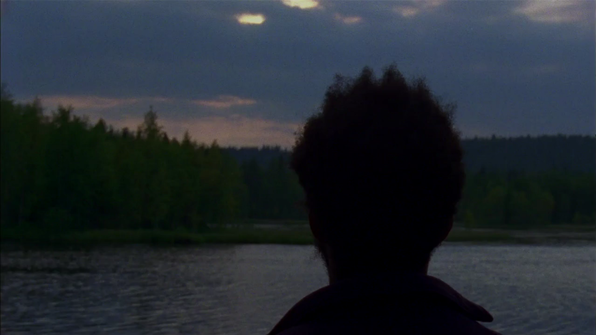 Self described by its filmmakers as an "inquiry into the possibilities of a spiritual existence within an increasingly secular Western Culture", A Spell to Ward Off The Darkness is a slow-paced, hypnotic experience that tries its best to capture man's desire for transcendence, presented as a welcome and viable option for living in the present. As one can probably imagine from the description alone, A Spell to Ward Off The Darkness is not a film for most viewers. It's an example of very observant film-making, using this sorta of "fly on the wall approach" to simply observe its subjects and the environment around them. Much of the film takes place in a commune in Finland, where most of the individuals live their lives one with nature. These are non-actors, with the film casually examining these individuals in a way that is best described as an ethnography of sorts. This is a film of great beauty and interesting ideas but I did find myself wishing the film was a little more focused on what exactly it was trying to say. This loner type character is probably the key, as we follow him as he leaves the confines of the commune and ventures into the wilderness. On his own, the film becomes much more visceral and impressive, as if Russell and River's are commenting on the importance of each person discovering themselves on their own terms. Ben Russell and Ben River's A Spell to Ward Off Darkness is an enigmatic experience |
AuthorLove of all things cinema brought me here. Archives
June 2023
|
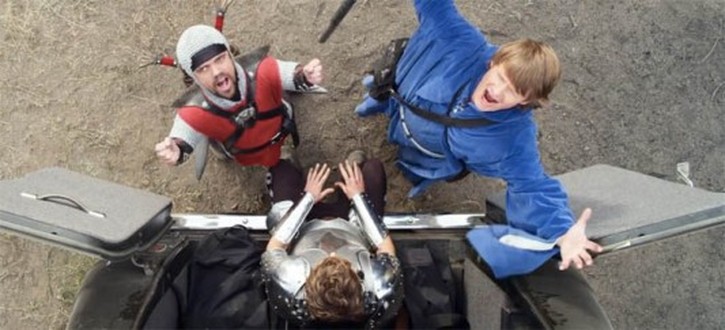
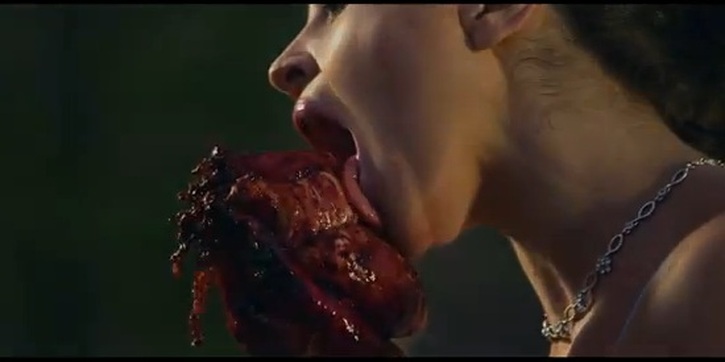
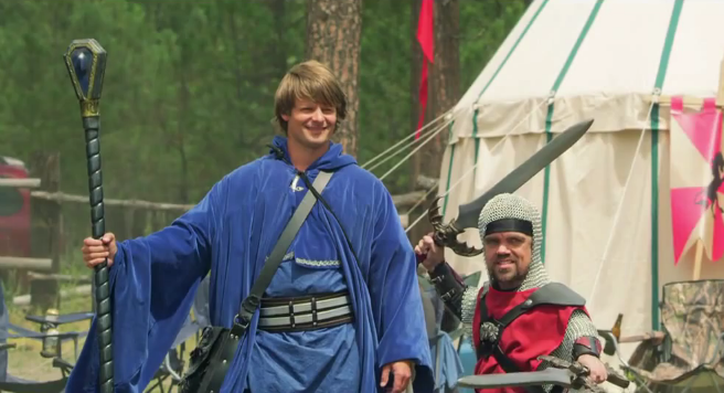
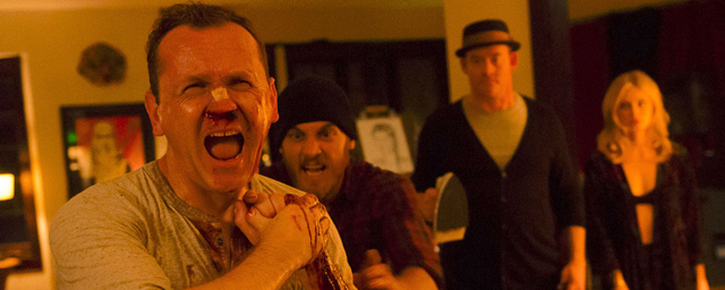
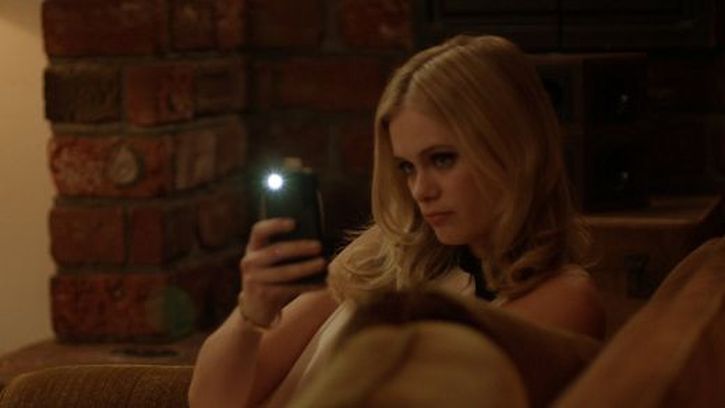
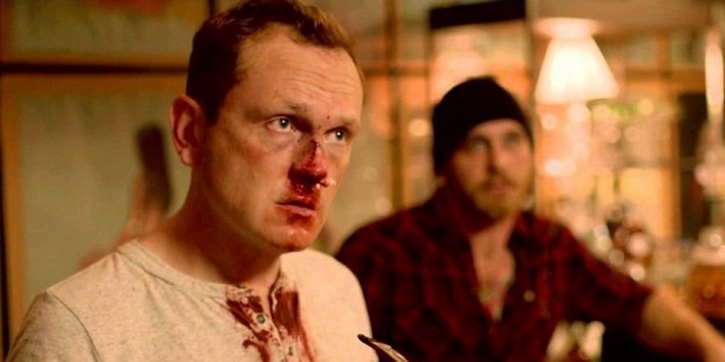
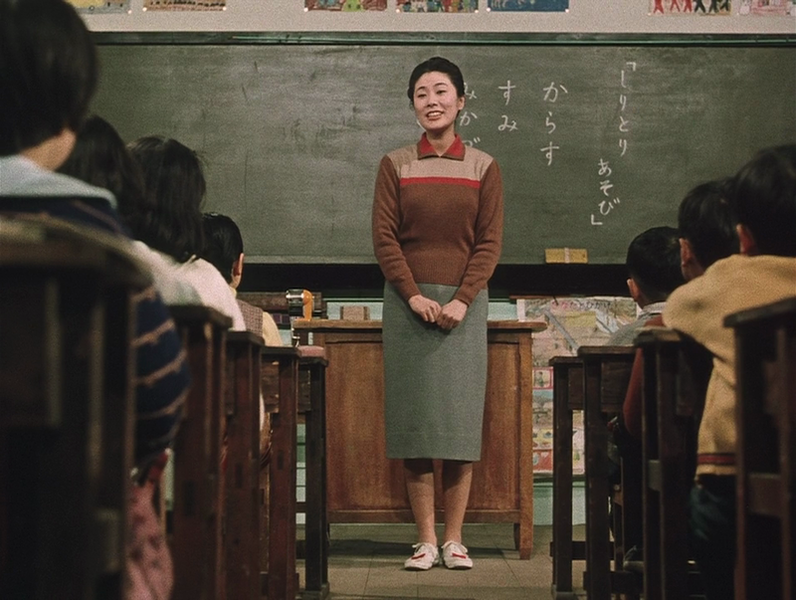
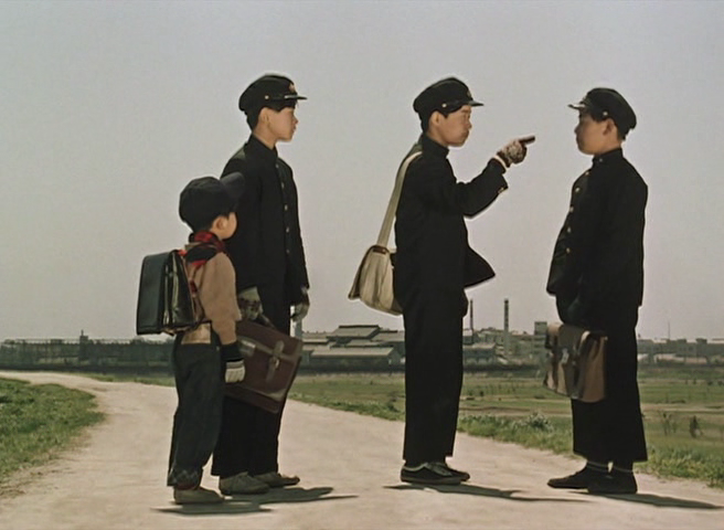
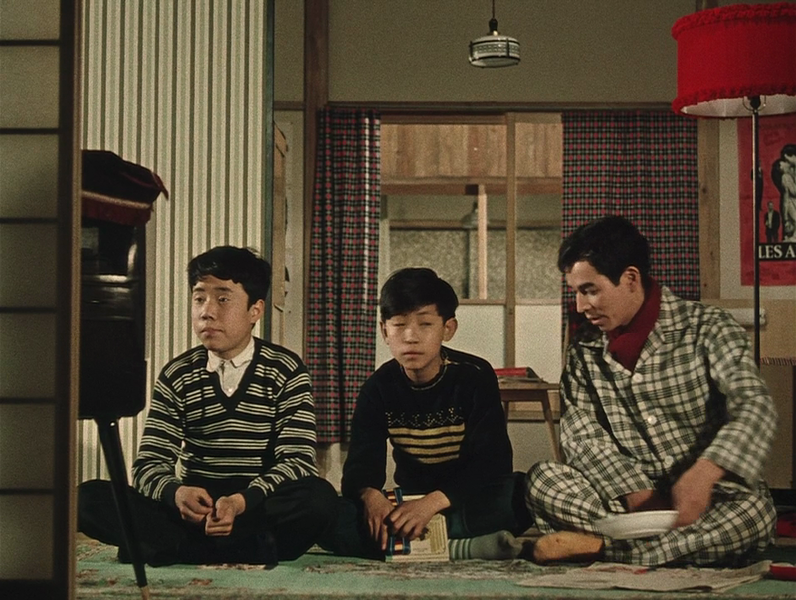
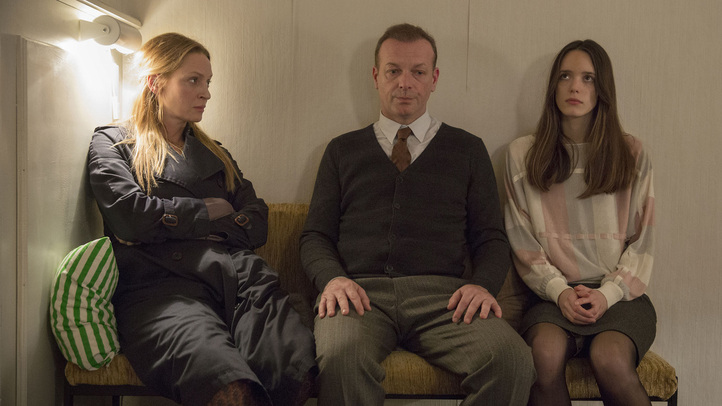
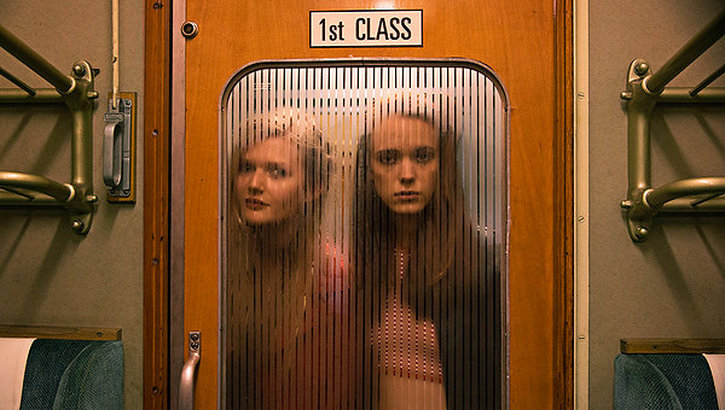
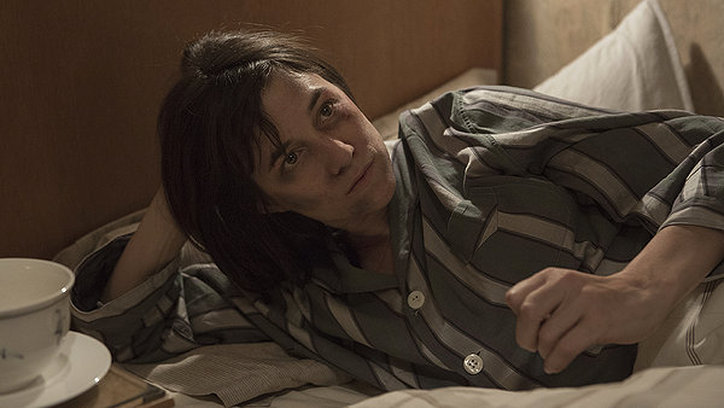

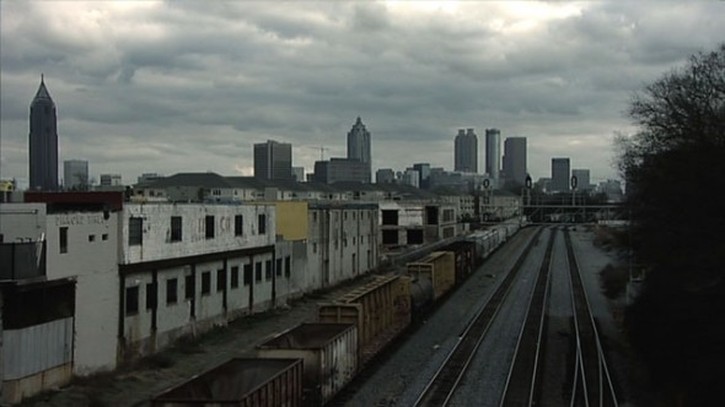
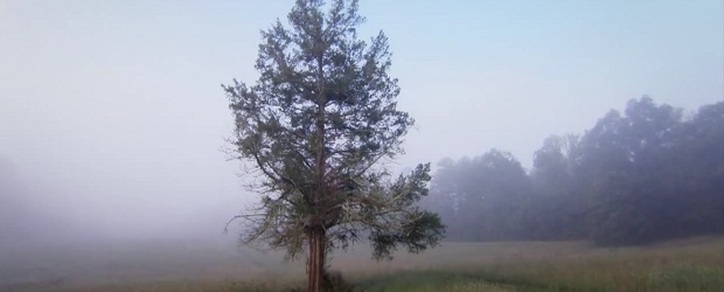
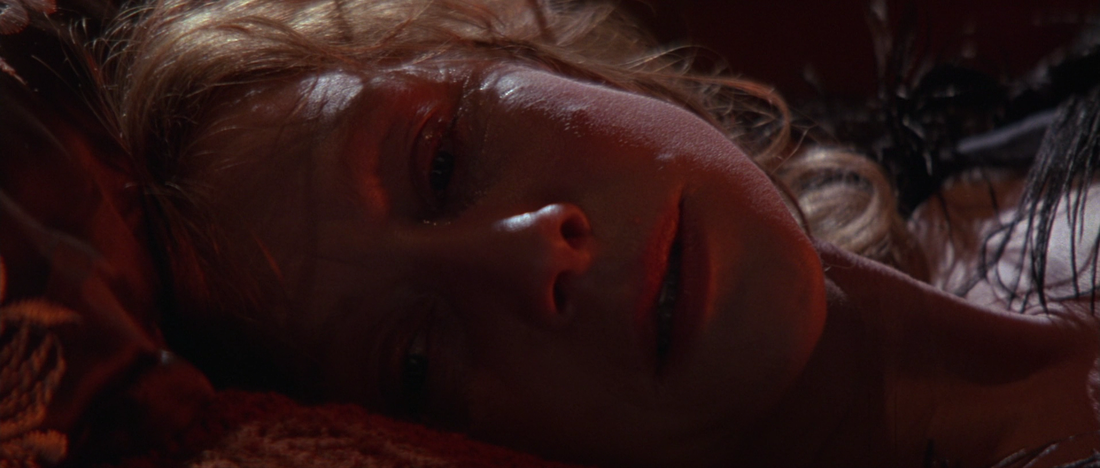
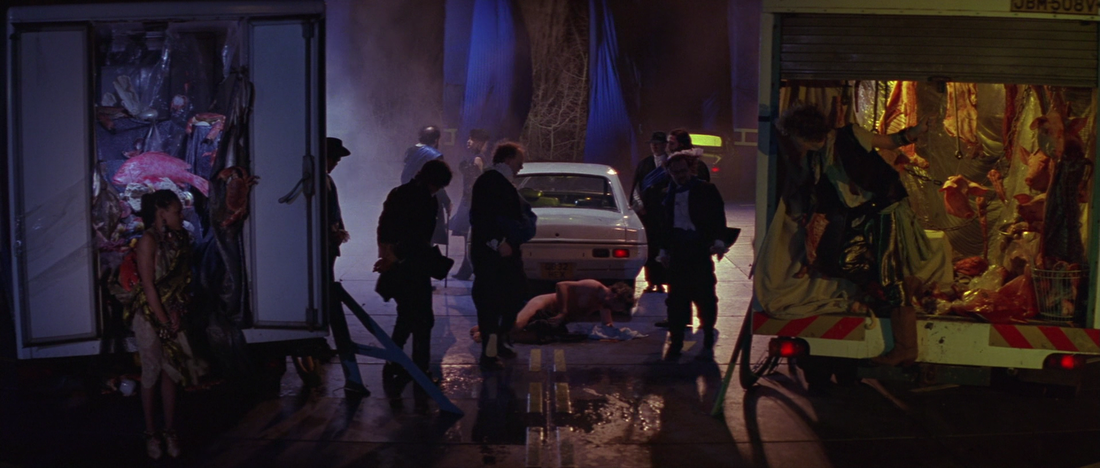
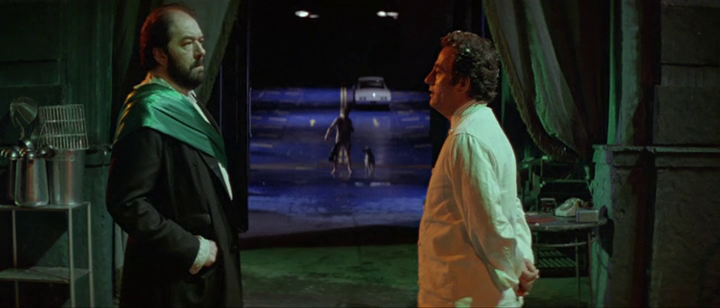
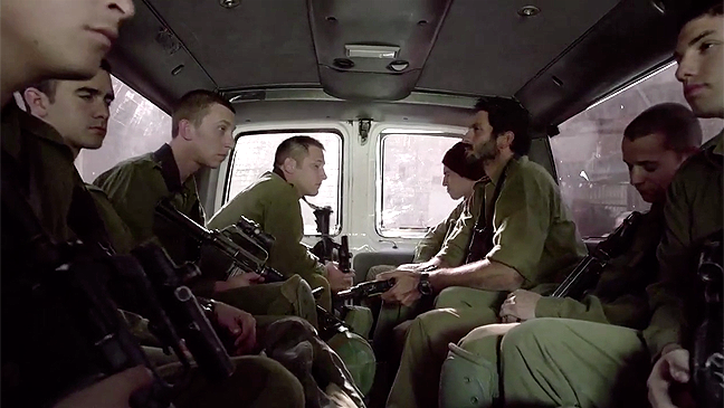

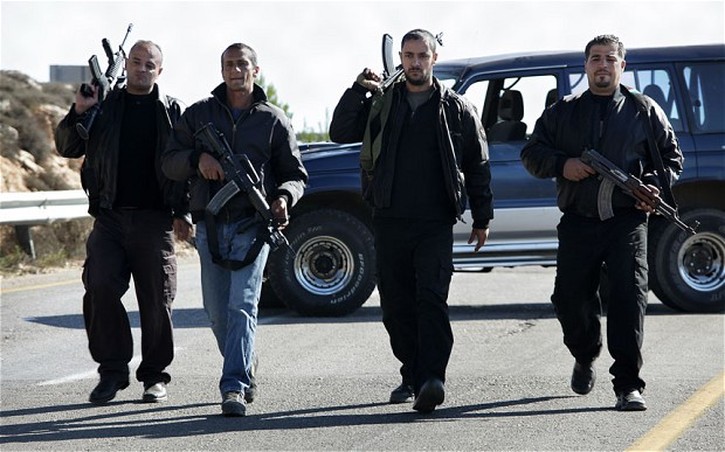
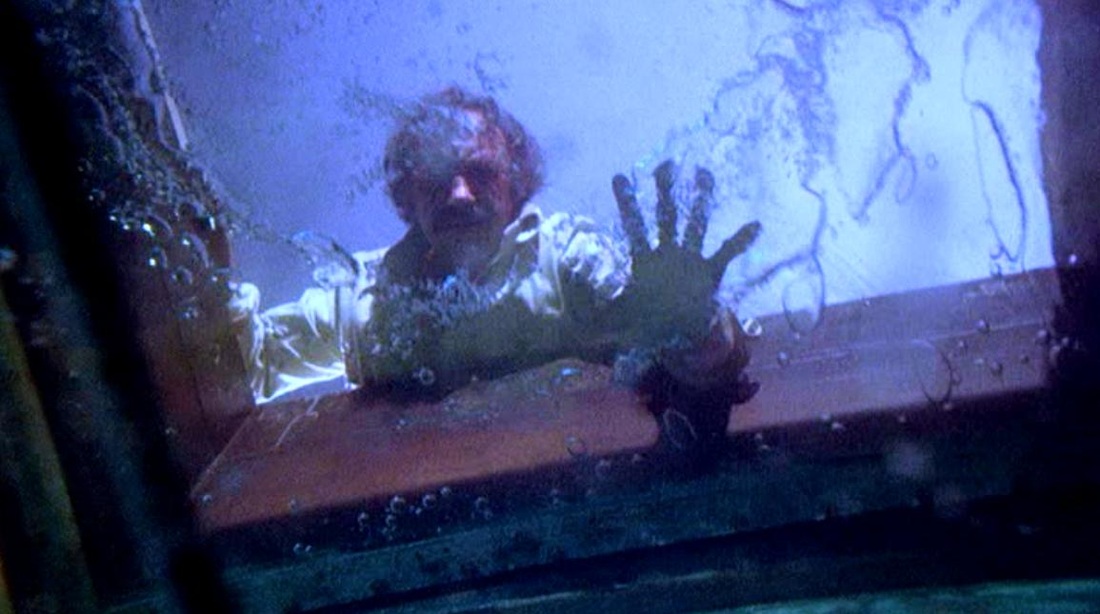
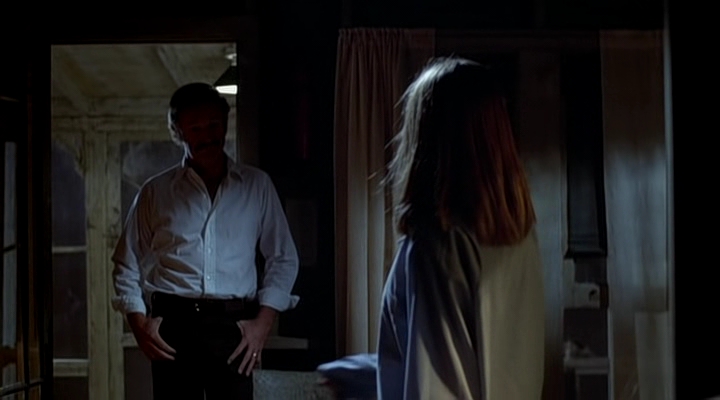
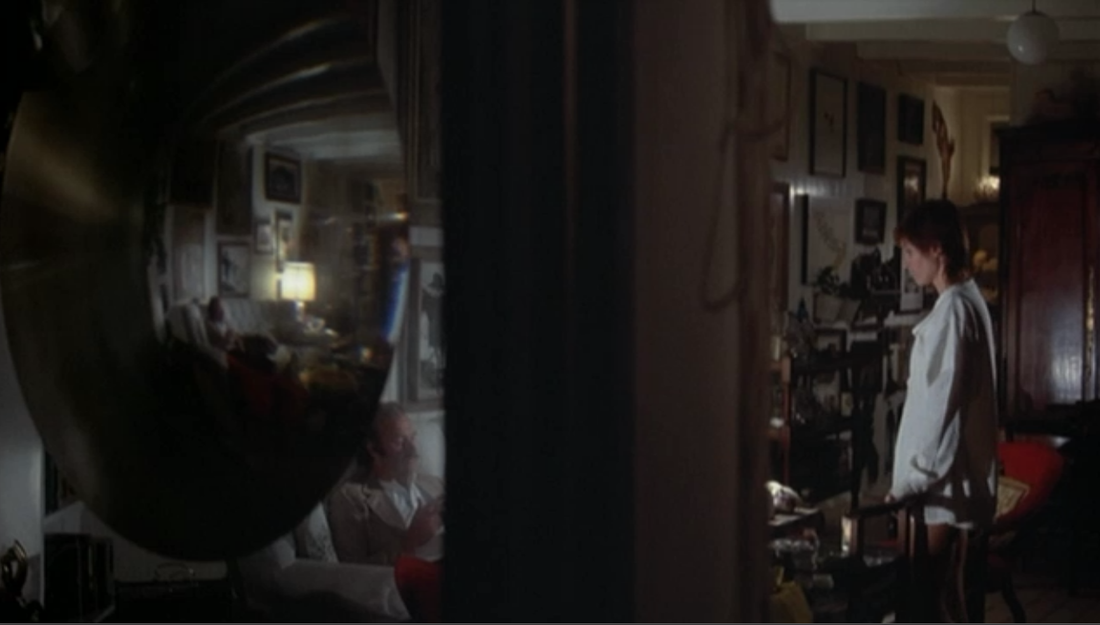
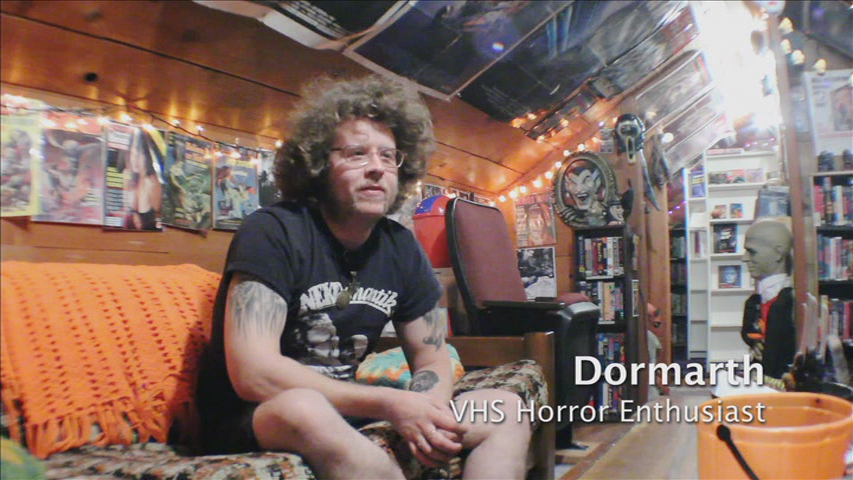


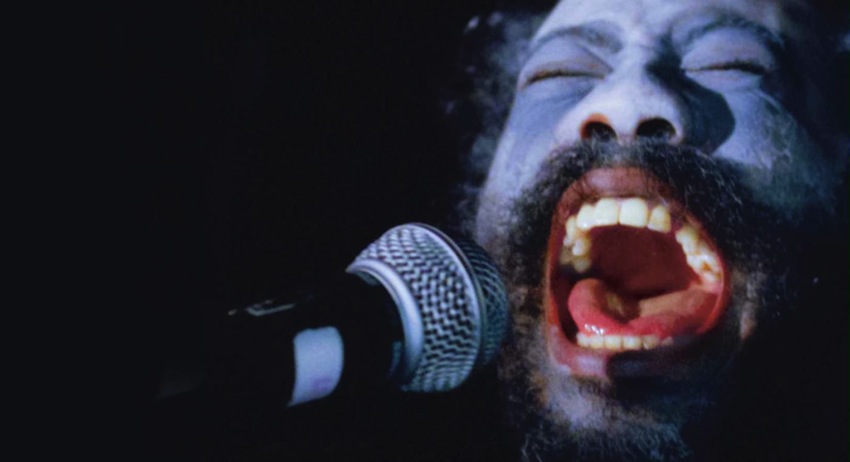

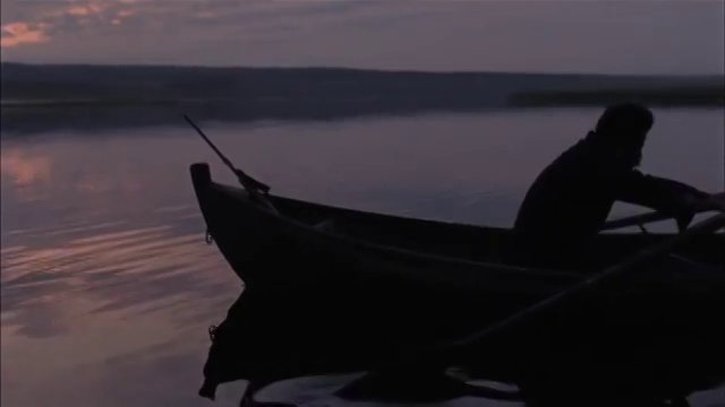
 RSS Feed
RSS Feed
